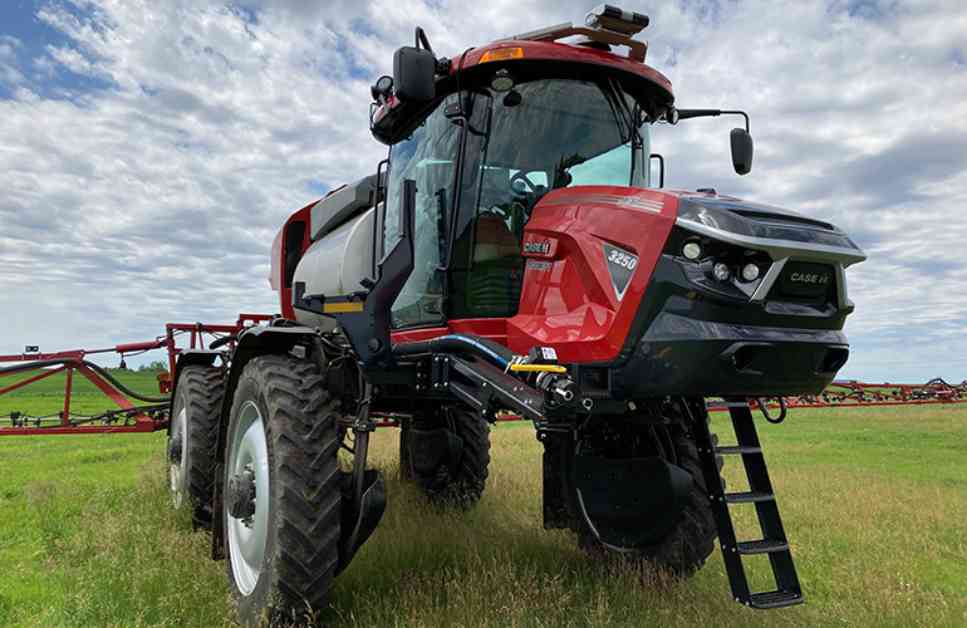Farming is a crucial industry that feeds millions of people worldwide, with each U.S. farm, on average, feeding 166 people annually. However, the industry is facing a labor crisis, with thousands of jobs remaining unfilled in sectors related to agriculture. To address this challenge, farmers are turning to automation to make their operations more efficient.
CNH, a company with over 180 years of experience working with farmers, is leading the way in providing automated equipment to assist farmers in optimizing their growing cycles. By incorporating robotics and advanced technologies like computer vision and machine learning, CNH is revolutionizing the way farms are managed.
One of the main challenges hindering the adoption of automation in agriculture is the high level of trust required from farmers when integrating new technologies into their operations. Additionally, the seasonal nature of crop growth means that testing and validating autonomous equipment can take multiple growing seasons, prolonging the adoption process.
At the Raven Innovation Center in Sioux Falls, S.D., CNH showcased three technologies designed to automate different stages of the crop cycle. From preparing the soil to planting, protecting the crops, and harvesting, CNH’s automated equipment streamlines the farming process, making it more efficient and cost-effective for farmers.
For example, CNH’s Soil Command technology allows farmers to automate soil preparation by determining the depth and intensity of soil turnover needed for optimal crop growth. This reduces the manual labor required and ensures consistency across the field. Additionally, CNH’s autonomous tillage system simplifies the process of tilling fields after harvest, enhancing soil health for future crops.
During the growing season, CNH’s Augmenta Field Analyzer and autonomous sprayer help farmers protect their crops by identifying plant health and applying precise amounts of fertilizer and pesticides. By utilizing advanced technologies like computer vision, the sprayer can accurately target individual plants, reducing waste and environmental impact.
When it comes to harvesting, CNH automates the process by introducing autonomous carts that work alongside combines to catch and transport harvested crops. This automation eliminates the need for manual labor and reduces the risk of errors or accidents during the harvesting process.
Overall, CNH’s innovative approach to integrating robotics and automation into agriculture is revolutionizing the industry and helping farmers overcome labor shortages and operational challenges. By embracing technology, farmers can optimize their growing cycles, improve efficiency, and ultimately feed a growing population in a sustainable way.
